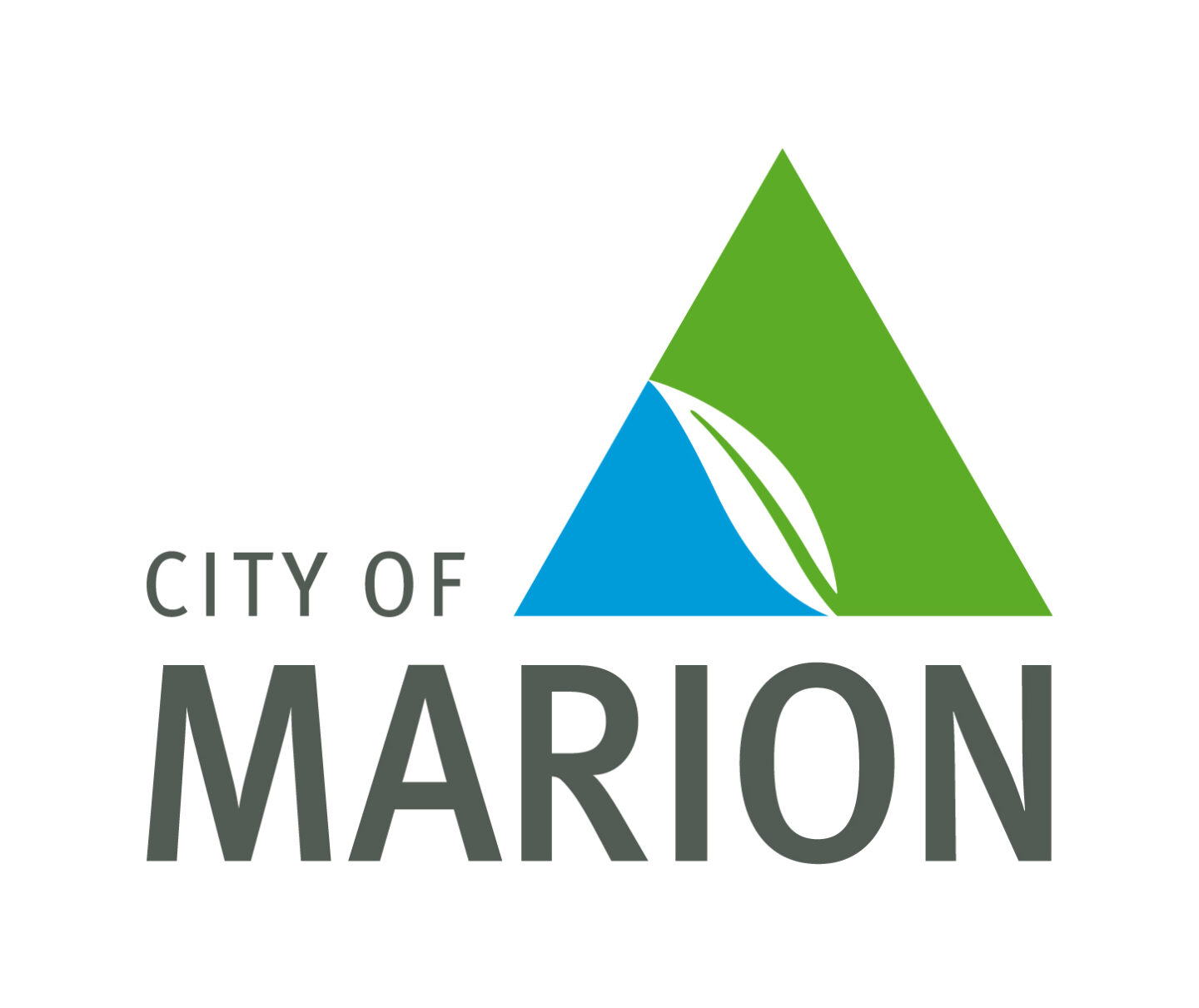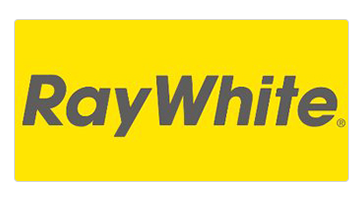HACCP Pest Control Solutions by EcoPest Group - Your Trusted Partner in HACCP Pest Control In Adelaide
WHY TRUST US?
At EcoPest Group, we bring over 30 years of expertise in HACCP Pest Control to the forefront, ensuring your business is safeguarded against pests while maintaining strict adherence to HACCP guidelines. Our team of highly qualified technicians specialises in comprehensive HACCP pest control solutions, perfectly designed to protect your professional reputation and surpass all auditing standards.
REQUEST A FREE QUOTE TODAY…
Licensed and Insured Tecnicians
Our technicians are not only licensed by state health departments but also exhibit unmatched proficiency in all aspects of HACCP pest control programs. Being a fully insured company, EcoPest Group stands as a beacon of reliability and trust in the industry.
Digital HACCP Reporting, Remote Monitoring & Compliance Documentation
We leverage state-of-the-art digital tools for HACCP reporting, remote monitoring, and compliance documentation. Our pioneering Ecobox technology offers non-toxic, remote pest control, enabling 24/7 monitoring of your premises.
100% Australian Owned and Operated
EcoPest Group is 100% Australian-owned and operated, bringing local expertise and dedicated service to every job. Unlike franchised or multinational entities, our focus is solely on delivering top-tier pest control solutions across Adelaide.
Our Role as Your HACCP Pest Control Program Partners
Understanding the critical role of pest management in the food processing industry, we focus on preventing and eliminating pests that can transfer food-borne pathogens. Our comprehensive approach includes advising on pest prevention, monitoring, and treatment, ensuring your business remains pest-free and compliant with HACCP pest control standards.
With over three decades in the industry, our HACCP Pest Control specialists are adept at protecting your company’s reputation, regardless of business size. Our approach is tailored to meet your specific needs, ensuring your premises are HACCP compliant and safeguarded against pest infestations.
CONTACT ECOPEST GROUP TODAY
Embrace the peace of mind that comes with expert HACCP pest control. Contact EcoPest Group for a consultation and discover how our eco-friendly HACCP pest control solutions can benefit your business.
BENEFITS OF OUR HACCP PEST CONTROL PROGRAMS

Electronic reports with photographic evidence
Our customised reporting system documents all findings, recommendations, and data into an easily accessible electronic report, enhancing transparency and accountability.

Client portal with trend analysis
Access your reports and data anytime through our secure client portal, providing instant insight into pest trends at your site.
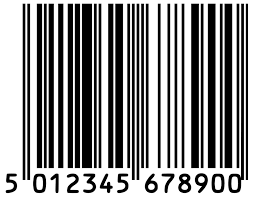
Barcoded Devices
We utilise barcode technology in our HACCP pest control programs, ensuring accurate recording of data in devices such as rodent stations and fly light traps.

Ecobox 24/7 Remote Digital Pest Control
Our Ecobox solution offers non-toxic, remote pest control, significantly reducing the need for traditional pesticides while ensuring constant monitoring and rapid response.
COMMON PESTS FOUND DURING FOOD PRODUCTION
Our expertise extends to managing a range of pests commonly encountered in food production, including rats, mice, crawling insects, flying insects, and stored food insects.

Rats & Mice
Rats and mice are a common pest found around food production and other HACCP facilities, common problems rats and mice cause are:
- Rats and mice pose health risks because they carry and spread diseases
- rats and mice contaminate food with their hair, droppings and urine, resulting in food poisoning and spoilage
- They damage stock and cause economic loss to stock
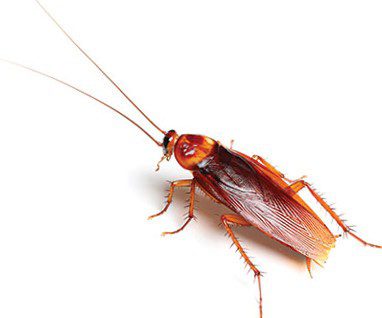
Crawling Insects
Crawling insects such as cockroaches and ants are a common pest found around food production and other HACCP facilities, common problems crawling insects cause are:
- Cockroaches are linked with allergic reactions in humans
- They can passively transport microbes on their body surfaces, particularly in food related environments
- Alert auditors to problems and can affect operations of your business
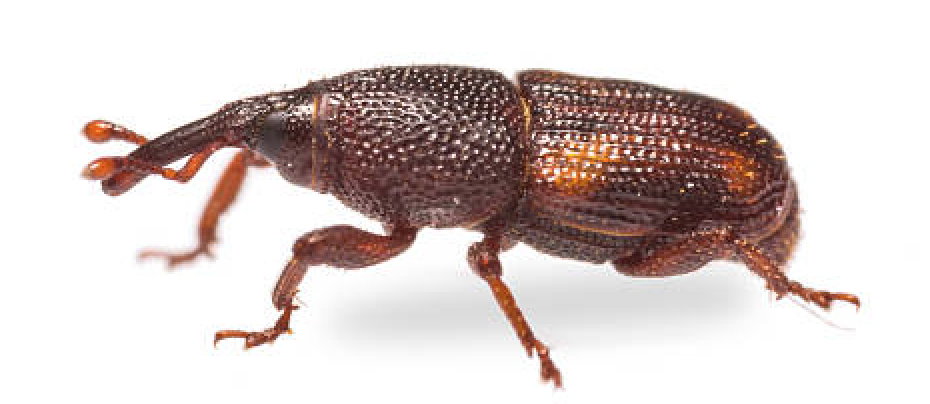
Stored Food Insects
Stored food insects such as indian meal moth, grain weevils and flour beetles are a common pest found around food production and other HACCP facilities, common problems store food insects cause are:
- Stored food insects can damage stock causing economic loss
- They can harm your relations with your customers
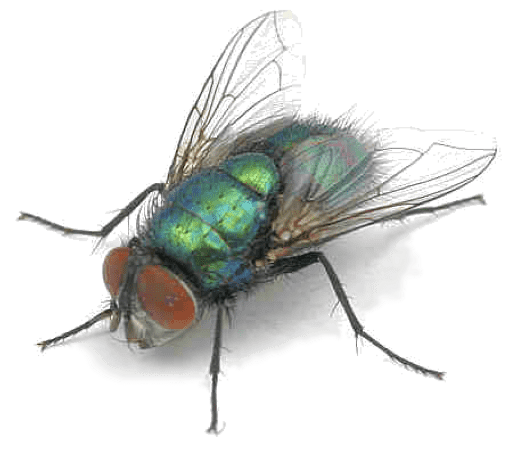
Flying Insects
Flying insects such as flies and mosquitoes are a common pest found around food production and other HACCP facilities, some problems flying insects cause are:
- Flies and mosquitoes spread disease
- They contaminated stock and cause economic loss
- Flies transmit food poisoning, dysentery, and diarrhea and other disease
- The effect your reputation
HACCP PEST CONTROL METHODS

Rodent Control on HACCP Sites
Rodent control on HACCP sites requires a sound understanding of your business to ensure rodents are kept at bay while complying with your third party HACCP audits.
Rodents are controlled on a routine Monthly basis around the external of HACCP sites with approved rodenticide baits fixed in tamper resistant stations while mechanical traps and non toxic monitors are used in sensitive areas such food production areas, remote monitoring with the Ecobox allows us to increase our efforts in areas where activity is detected.
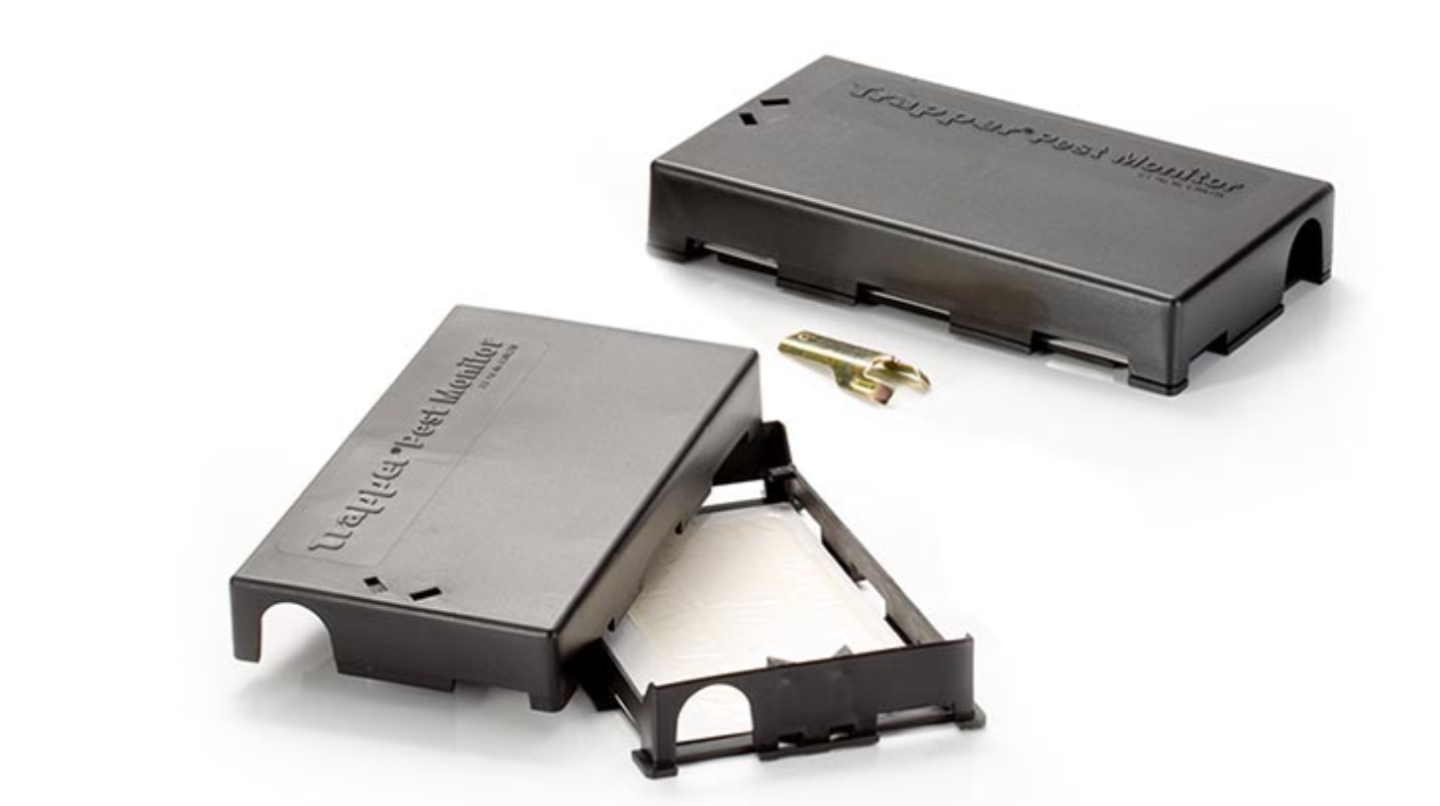
Crawling Insect Control on HACCP Sites
Crawling insects are controlled during routine Monthly services on HACCP sites, this is a strategic process, by targeting treatment efforts around the external and monitoring the internal, crawling insects are kept at bay while complying with your third party HACCP audits.
Crawling insects are controlled around the external of HACCP sites with approved residual insecticides applied via our state of the art FlowZone sprayers while glue trap stations and non toxic monitors are used in sensitive areas such food production areas, remote monitoring with the Ecobox allows us to increase our efforts in areas where crawling insect activity is detected.

Stored Food Insect Control on HACCP Sites
Stored food insect control on HACCP sites both a proactive and reactive strategy, to ensure your premise remains free of infestations while complying with your third party HACCP audits.
Food storage insects are controlled and monitored on a Monthly basis via non toxic pheromone pot lures in sensitive areas such food production areas, treatments are ramped up when insect activity is detected in early stages, while proactive treatments include Quarterly thermal foggings and residual sprays.
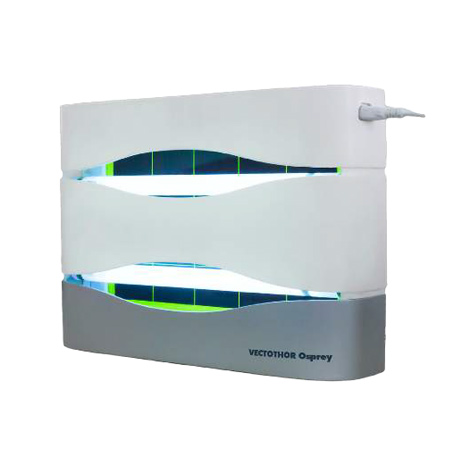
Flying Insect Control for HACCP Sites
Flying insects are controlled on HACCP sites both a proactive and reactive strategy, to ensure your premise remains free of infestations while complying with your third party HACCP audits.
Flying insects are controlled and monitored on a Monthly basis via specialized UVA flying insect traps, these traps are installed with insect specific shatterproof globes and glue boards that are designed to attract insects, the shatterproof globes minimise the risk of glass contamination while the glue boards ensure insects do not contaminate food, treatments are ramped up when insect activity is detected in early stages, while proactive treatments include thermal foggings and residual sprays.
Contact us for a
free quote 139 007
HACCP PEST CONTROL FAQS
Understanding HACCP
HACCP (Hazard Analysis and Critical Control Points) is a fundamental food safety and risk assessment plan developed in the 1960s. It outlines seven key principles aimed at reducing the risk of foodborne illness by monitoring the entire food system process. HACCP’s adoption by the food industry, including foodservice, marks it as the premier system for ensuring food safety.
Currently, the food industry, including foodservice, supports the use of HACCP and its principles as the best system currently available to reduce and prevent foodborne illness. HACCP was first developed and used by the Pillsbury Company in the late 1950’s to provide safe food for America’s space program.
HACCP is based on the following 7 principles
- Perform a Hazard Analysis
- Determine Critical Control Points (CCPs)
- Determine Critical Limits for Each CCP
- Institute Monitoring Procedures
- Establish Corrective Actions
- Implement Record-Keeping Procedures
- Institute Verification Procedures
How does HACCP relate to pest control?
EcoPest Group professionals work with food-related industry to ensure product safety, protect public health and meet the compliance of auditors.
The Hazard Analysis and Critical Control Points (HACCP) system is a proactive methodology developed for food-related industries to protect food from potential contamination.
This risk management tool focuses on hazards that may affect food safety and is used to address food safety issues.
The system is relevant to all sectors of food-related industries, including producers, manufacturers, processors and food service operators who want to comply with food safety legislation requirements.
HACCP for Pest Control is a proactive strategy that calls for a preventive approach to pest control vs. the reactive approach of knocking down pests once they reach appear. The EcoPest Group HACCP pest control programs deal with microbiological, chemical and physical hazards, is designed to identify potential food safety hazards, implement control programs or elimination steps for these hazards related to pests, and provide for ongoing management of these controls.
The EcoPest Group HACCP pest control team are highly trained in the policies and procedures that act as the control for potential food safety threats related to pest control.
The EcoPest Group HACCP pest control programs utilise devices such as insect traps, rodent traps and exterior rodent bait stations and pest entry proofing.
Results of each service are detailed in a HACCP pest control report.
Periodically, a trend analysis will be performed to confirm any trends that may be occurring related to pest activity. the findings may initiate corrective actions to be taken when pest monitoring shows activity.
How often should my HACCP site be serviced for pest control?
Most sites that are under regulation of third party HACCP auditors should be services on a Monthly basis or more frequently when pest pressure is high.
Proudly Trusted By & Servicing


